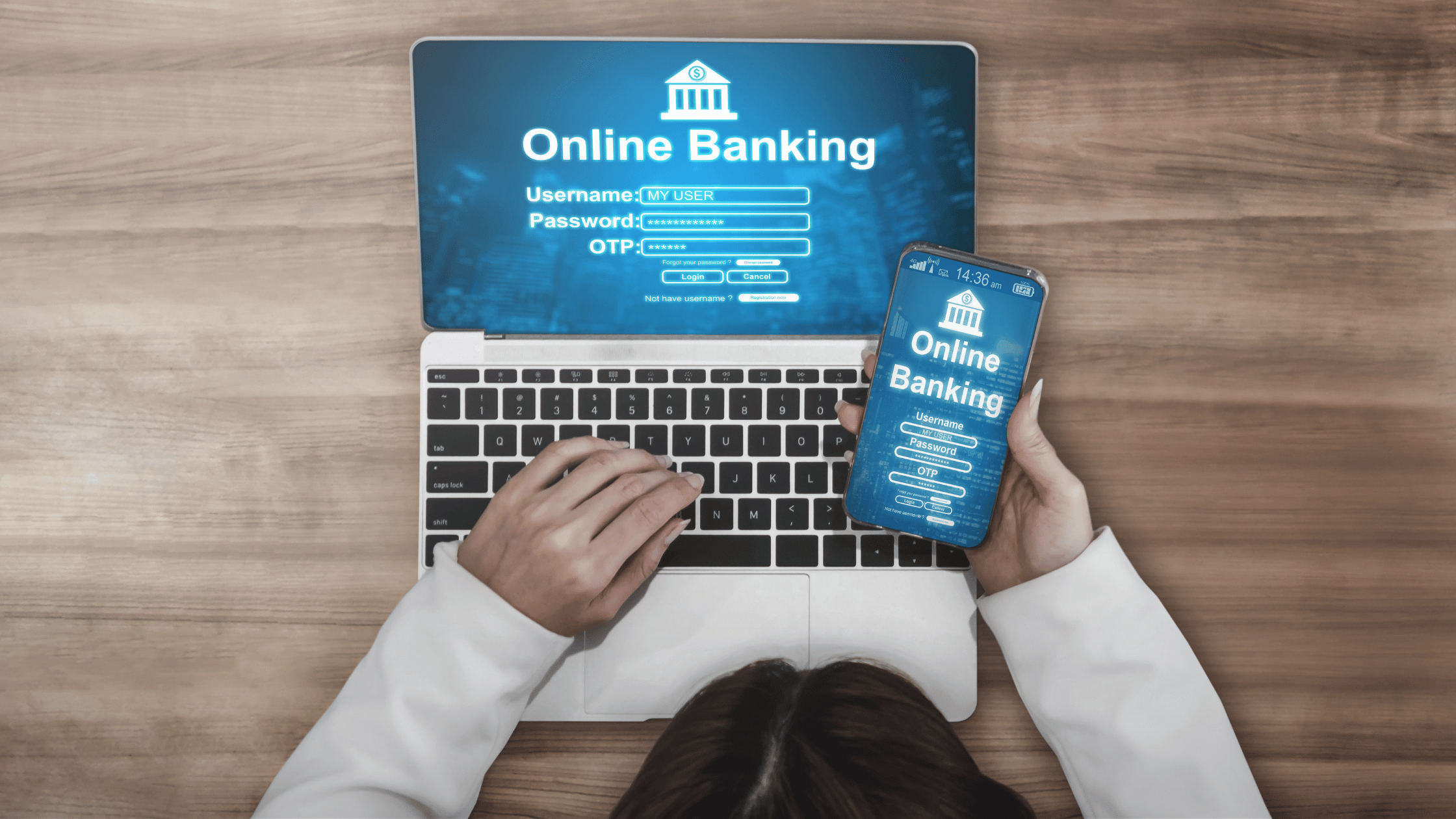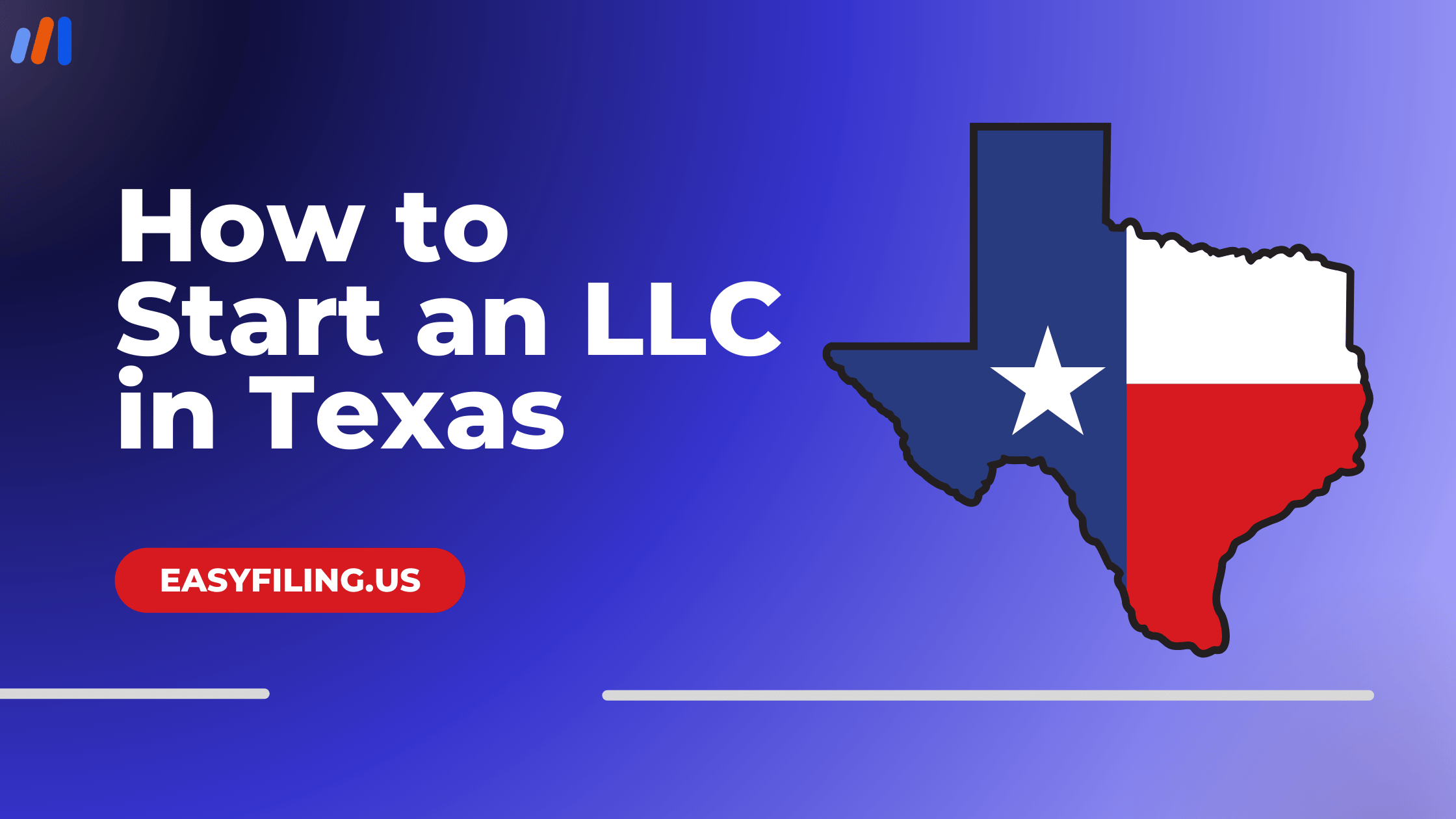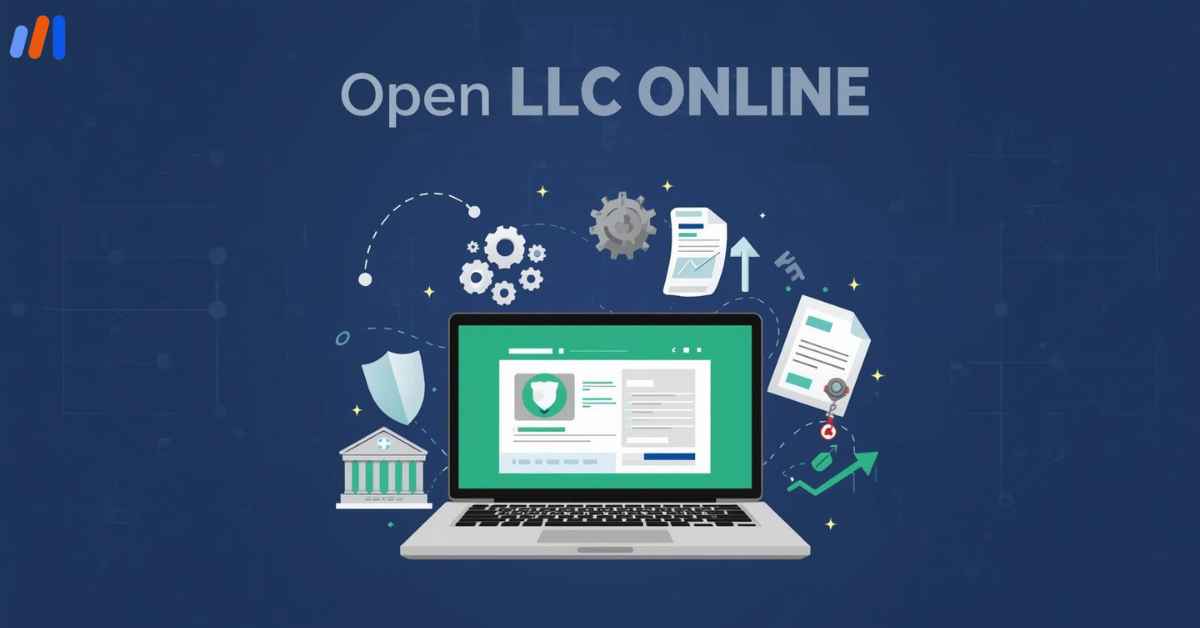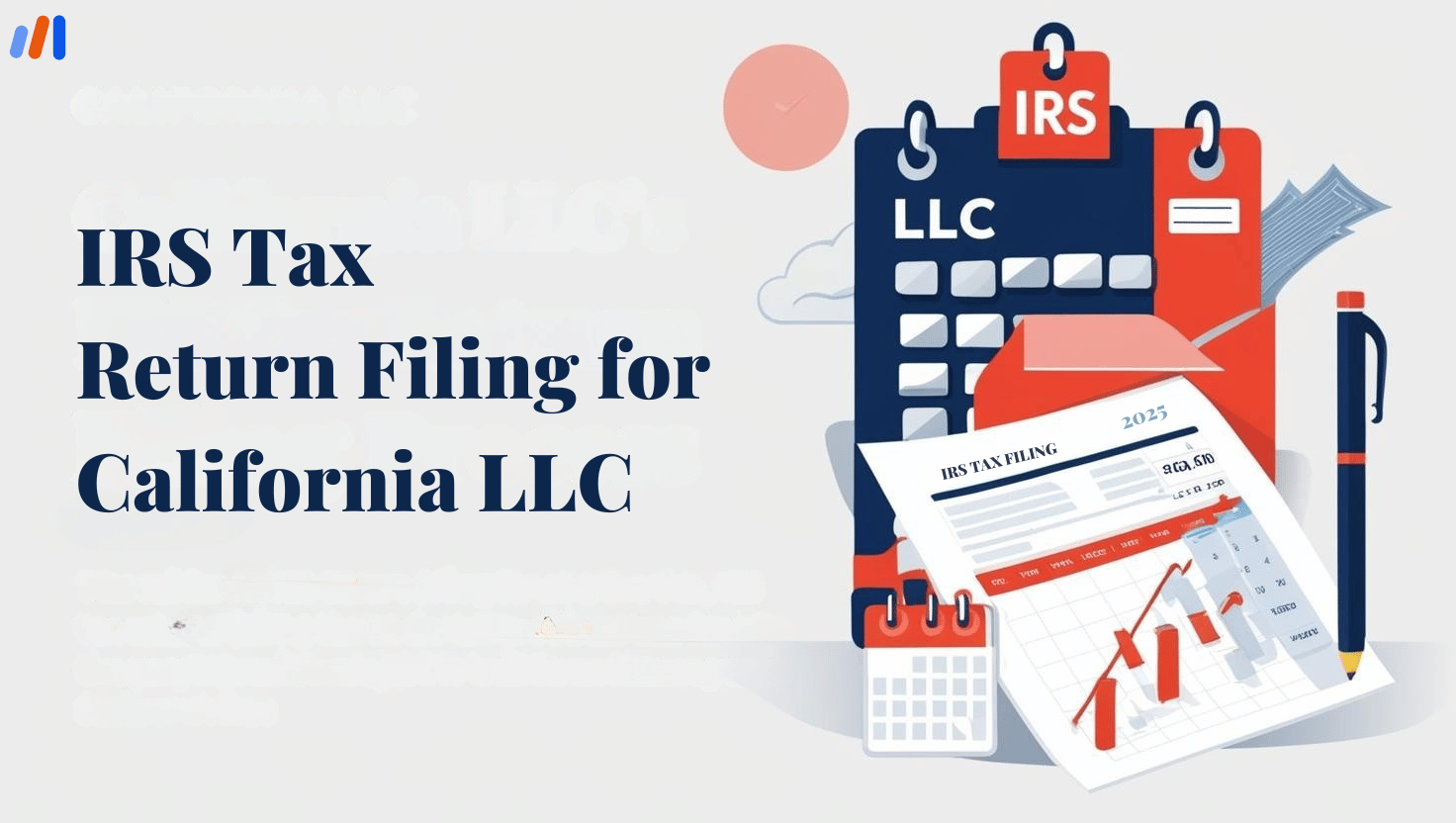Opening a business bank account is crucial for any business owner looking to keep personal and business funds separate, as well as help improve the credibility of your LLC and the way it generally operates.
Now, regarding a virtual address for your LLC bank account, we have some important considerations, legal obligations, and practical issues to deal with.
This guide examines the definition of ‘virtual address’ in banking, the reasons for the presence of physical addresses in the banking industry, and what other options can help you in this matter effectively.
Understanding Virtual Addresses
A virtual address is a service provided to businesses that allow them to maintain a professional-sounding mailing address that does not require the owner or business to physically be at the address. These types of address services are often operated by third parties and may involve services such as:
- Mail handling and forwarding.
- Document scanning and delivery.
- Provision of dedicated phone lines and answering machines.
- Provision of temporary workplaces or meeting rooms (in some cases depending on the provider).
Virtual addresses are majorly located within well-known business centers, hence enhancing the image of the company while protecting the private matters of the business owner.
Why Do Entrepreneurs Prefer Virtual Addresses?

Many LLC clients prefer a virtual address for these obvious reasons.
✅ Privacy Protection:
With a virtual address, one’s home address is not made public in LLC documents and forms filed with the state.
✅ Business Credibility:
A virtual address located in a prominent city or commercial area gives credibility to the image of a business, especially for small businesses and startups.
✅ Flexibility:
Business owners working remotely or from other countries can have a business address that does not tie them to a certain place.
✅ State-Specific Compliance:
This is because they often use business addresses to register their LLCs in Delaware, Nevada, Wyoming, or some other business-friendly state although they do not live there.
Even though such advantages make virtual addresses look very appealing, not all businesses can use them for banking purposes as such addresses are governed by the bank’s policies and some regulatory framework operating within the nation or overseas.
Why Do Banks Require a Physical Address?
Banks are subject to laws such as Know Your Customer (KYC) and Anti-Money Laundering (AML) laws. According to the law, financial institutions must always make sure that members of the account and their business’s activity are bona fide to avoid the risk of fraud, laundering, and so on.
A physical address is usually needed for the following reasons:
1. Proof of Identity and Business Existence:
- Such address points provide a means of tracking the business and its owners.
2. Legal Requirements:
- Customers’ data should be up to date, including their physical address, according to regulations.
3. Fraud Control:
- Physical addresses act as legitimate contact addresses, minimizing the chances of fraudulent activities towards the business.
Other virtual addresses may be reasonable for other reasons but are not appropriate for these purposes as they are not associated with the location where company activities take place.
When Can a Virtual Address Be Used for Banking?
The use of a virtual address will be welcome depending on the presentation and the regulation of the bank in question. There are some situations when virtual addresses are acceptable, including:
1. As a Mailing Address:
Most banks permit virtual addresses to be the account holder’s mailing address where a bank sends account statements, notices, or correspondence. Still, there could be a basic requirement of a physical address unrelated to an account.
2. If Tied to a Registered Agent:
If the address is also a registered agent address, then some banks may allow such an address, on condition that all supporting documents linking the registered agent to the business are provided.
3. With Fintech and Online Banks:
For today’s business environment, online financial institutions such as Mercury Bank, Brex, and Relay are targeted and in most cases, more flexible about the use of a virtual or unconventional address.
Challenges of Using a Virtual Address for a Bank Account
As easy and convenient as virtual addresses are, there are a few limitations when it comes to opening a bank account:
1. Proof of Physical Presence:
In most cases, banks have a physical presence proof requirement that could be in the form of utility bills, lease or rental agreement documents, or even business licenses linked to the physical location of the address. Such documents are not available for virtual addresses.
2. Potential Rejections:
Most regular banks are known to have a favorable address verification policy and in most instances, reject virtual addresses altogether.
3. Compliance Risks:
Some jurisdictions take a more stringent view of virtual addresses, especially certain states that are very popular among businesses; these jurisdictions usually attract regulatory scrutiny.
4. Limited Bank Options:
Using a virtual address all the time can leave you with no choice of banks to use especially those who do not prefer such addresses.
Documents Banks Typically Require for LLC Accounts
Once you have decided to open a bank account for your LLC, be ready to provide the following information:
- Articles of Organization: identified as the official document for the formation of a limited liability company.
- EIN (Employer Identification Number): This is the tax identifier number provided by the IRS.
- Operating Agreement: A memorandum detailing LLC’s ownership and management.
- Proof of Address:
- Lease agreements.
- Monthly payments for additional charges, and services that are in use.
- A trade license is associated with an address.
Virtual addresses usually do not offer sufficient evidence proving physical presence which could make it even more challenging.
Alternatives to Virtual Addresses for Bank Accounts
In case your virtual address fails, you should consider the following:
1. Residential Address:
- Most LLCs prefer their home address as their business address, especially in the application of their bank accounts.
- Though such addresses are helpful, privacy is certainly at risk with such an easy method.
2. Co-Working Areas/Office for Rent:
- Getting or leasing an address with a desk in a shared workspace or tiny office already creates a valid physical address.
- Banks are likely to accept these locations, which will help in enhancing the elevation of your business attractiveness as well.
3. Registered Agent Services:
- Some registered agents offer their address to act as the LLC’s address for the banking, however, check the agreement of this with the bank in advance.
4. Flexible Online Banks:
Only banking operators like Mercury Bank, Brex, and Relay have been well suited for the present-day and remote business. Such establishments often offer virtual or digital setups and are ideal for startups.
How to Prepare for a Successful Application
To avoid unnecessary complications, please adhere to the following steps:
✅ Review the Bank’s Requirements
You may call the bank to learn if they have an address policy requirement. This would avoid wasting time and energy.
✅ Ensure Consistency Across Documents:
The address shown on your documents such as the incorporation documents with your limited liability company, IRS establishment of your EIN should bear the same address you intend to submit for a bank account.
✅ Provide Supplemental Documentation:
If you’re working with a virtual address, provide legal documentation like a notarized affidavit, registered agent agreement, or any other assisting legal paperwork.
✅ Consider Modern Banking Solutions:
Check for alternative online banks that are convenient for businesses that do not have physical offices.
Consequences of Using an Undisclosed Virtual Address
In cases where you use a virtual address but do not report the same to the bank, this may result in:
- Sending requests for subsequent records.
- Suspension of the account or closure owing to the violation of the terms.
- Imposition of penalties either legal or financial due to using the address to conceal the real location of the business.
To avoid such confusion, it is best to be open and above board.
Conclusion
In conclusion, using a virtual address for your LLC bank account is not a walk in the park due to some regulations and compliance issues of the bank. However, even though virtual addresses are great for confidentiality and working with ease in a business, they will hardly meet the requirements for enabling an opening of a bank account.
To overcome these challenges, look for other address options, ensure to check the bank’s policies first, and look for fintech banks that have a remote and contemporary business focus.
Book a free consultation for more information and to get your virtual address today.
File Your LLC Today
25$ off with a coupon
Lock in EasyFiling's transparent rates and get lifetime compliance support at no extra cost.
Get Started Now








